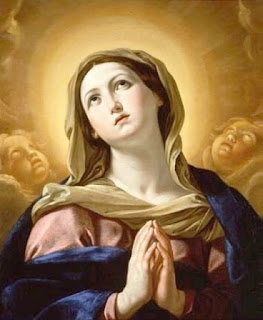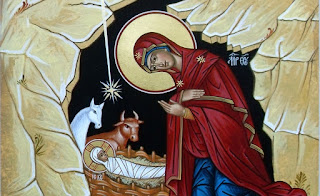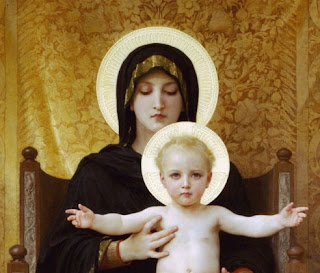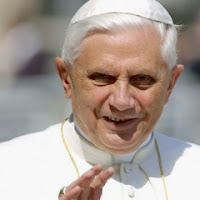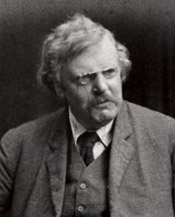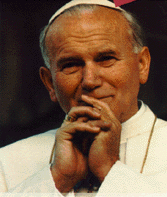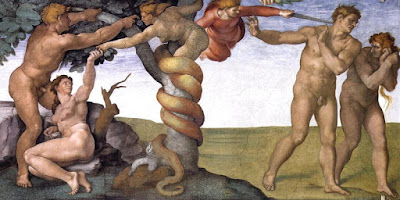Ten Things to Know About the Incarnation of Christ
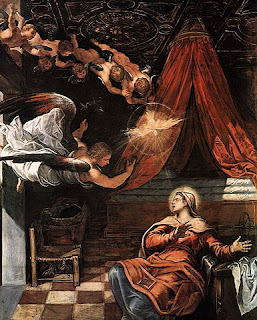
The Incarnation of Christ is the seminal event in history. The Catechism of the Catholic Church states: 463 "Belief in the true Incarnation of the Son of God is the distinctive sign of Christian faith: 'By this you know the Spirit of God: every spirit which confesses that Jesus Christ has come in the flesh is of God.' Such is the joyous conviction of the Church from her beginning whenever she sings 'the mystery of our religion': 'He was manifested in the flesh.'" True God and True Man As we continue to celebrate the season of Advent in anticipation of Christmas, we proclaim what the Church has always professed: "that Jesus is inseparably true God and true man. He is truly the Son of God who, without ceasing to be God and Lord, became a man and our brother." (CCC 469) The following links discuss the Incarnation and Nativity of Christ. We submit them for your consideration. Why God Became a Baby , Fr. Michael Najim Why Isn’t Jesus N
